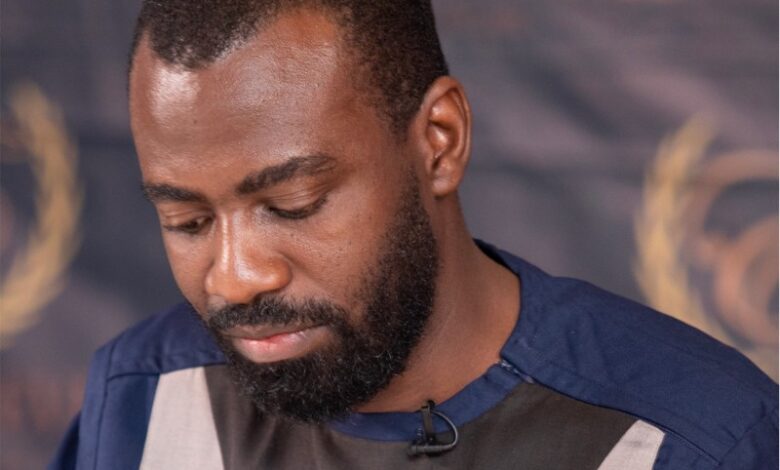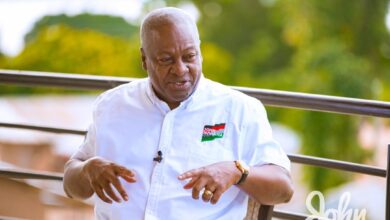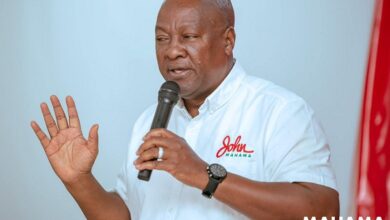
The Deputy Director of IT at NPP Headquarters, Stephen Forson, has questioned the inspiration behind the National Democratic Congress’s (NDC) 24-hour economy policy.
In a statement, Mr. Forson said the policy mirrors one of the by-products of the Vice President, Dr. Mahamudu Bawumia’s Digital Transformation Agenda.
Mr. Forson emphasised the pivotal role of digitalisation in shaping a round-the-clock economic model in Ghana.
Highlighting the ongoing digital transformation, he pointed to initiatives like the Ghana Revenue Authority’s online tax filing, ensuring revenue generation beyond traditional working hours.
He also applauded the ECG PowerApp, which enables the Electricity Company of Ghana to sell electricity after 5 pm, showcasing the efficiency brought about by embracing digital tools.
Read the full statement below:
Upon reflection on the concept of the 24-hour economy, I find myself questioning the NDC’s touted policy, wondering if it truly brings something groundbreaking to the table.
In my observation, the digital transformation currently underway in Ghana plays a pivotal role in propelling us towards a round-the-clock economic model.
Take, for instance, the Ghana Revenue Authority’s move towards online tax filing. This initiative not only enhances efficiency but ensures that our nation continues to generate revenue even after the traditional working hours have concluded. It’s a testament to our ability to adapt and thrive in the digital age.
The ECG PowerApp is another fascinating example. It enables the Electricity Company of Ghana to sell electricity beyond 5 pm, with essential services such as customer care and engineering support working tirelessly into the night to address client challenges promptly.
I’ve personally utilized these services during the late hours, experiencing firsthand the efficiency brought about by digitalization.
The Ghana Water App is yet another testament to the power of technology in driving a 24-hour economy. It consistently generates revenue for the Ghana Water Company, showcasing the potential for essential services to operate seamlessly around the clock.
Essential service staff, including the Ghana Police Service, Ghana Fire Service, and Prisons, health services, etc, have long embraced 24-hour job shifts, ensuring the continuous provision of critical services to the public.
Our industrial sector is thriving with many factories operating day and night shifts, contributing significantly to the 24-hour model. Likewise, certain fueling stations, exemplified by Star Oil, have adopted 24-hour shifts, depending on the safety of their surroundings. Banks, too, have embraced the digital age.
Dr. Mahamudu Bawumia’s leadership in spearheading mobile money interoperability has enabled 24/7 deposits and withdrawals, revolutionizing the accessibility of banking services beyond traditional hours.
So, as I ponder these advancements, a critical questions arises:
“What does the NDC, under the leadership of Mahama, plan to do differently than what is already in motion, in order to increase the number of industries that are running 24 hour operations? “
The NDC and Ex-President John Mahama’s challenge always lies with formulating a succinctly thought through policy to drive this nation Ghana into our desired future.
In conclusion, 24 hour economy is one of the benefits of Dr. Bawumia’s digital transformation agenda. It does not come about by reducing electricity tariffs for factories or government giving them tax incentives to factories that work in the night.
Factories will increase their production operations automatically to include the nights when their sales or demand increases.
Disclaimer: Ahotoronline.com is not liable for any damages resulting from the use of this information.joynews.com



